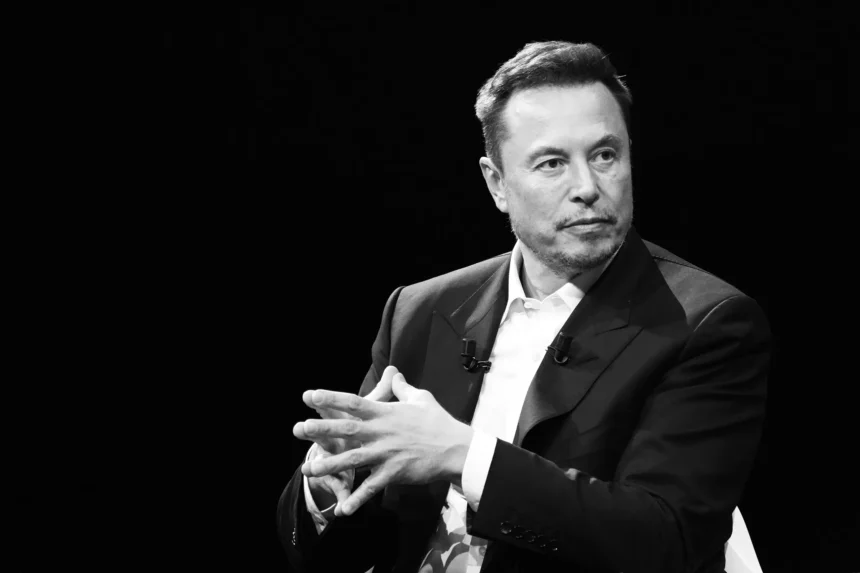Apple to Shift Entire US iPhone Production Destined for the US Market—Roughly 60 Million Units Annually—to India by the End of 2026, According to a Report from the Financial Times.
This strategic move follows the Trump administration’s decision to impose tariffs on Chinese goods as high as 145%. Although smartphones and computers are currently exempt, the uncertainty surrounding future tariffs has pushed Apple to diversify its manufacturing base beyond China. Given that iPhone production has historically been centered in China, Apple remains vulnerable to any escalation in US-China trade tensions, potentially leading to iPhone price hikes.
By shifting third-party assembly operations for US-bound iPhones to India, Apple aims to mitigate cost pressures associated with the trade war. However, India is not entirely immune, as it too faces new tariff barriers.
Apple had already begun shipping India-assembled iPhones to its US inventory even before the latest tariffs were enforced. The company, however, has not issued an official statement regarding the shift.
A Global Strategy Beyond China
While the timeline for resolving the US-China trade war remains uncertain, experts believe Apple’s move is part of a broader long-term manufacturing strategy. According to Angelo Zino, senior vice president at CFRA Research, Apple is expected to double its iPhone production capacity in India over the next two to three years to insulate itself from geopolitical risks.
“Apple must think long-term about manufacturing capacity,” Zino said. Despite the shift, he noted that China will remain a critical market, contributing around 15% of Apple’s total sales, and that global iPhone manufacturing will still rely heavily on Chinese operations.
Zino also pointed out that while full US-based iPhone production would be economically challenging, Apple could expand domestic production of key components, such as modems and internally designed processors, through partners like Taiwan Semiconductor Manufacturing Company (TSMC).
“In our view, the real value for the Trump administration lies not in assembling devices, but in Apple’s advanced semiconductor development,” he explained.
Is Apple’s Manufacturing Shift to India Permanent?
Industry experts suggest that Apple’s expansion into India is not merely a reaction to tariffs. Muzammil Hassan, head of patent portfolio management at Quandary Peak Research, said the groundwork for India-based iPhone production had already been laid before the latest trade policy changes.
“I don’t think this is a temporary measure,” Hassan commented. “Factories like Foxconn in Tamil Nadu have been training thousands of workers, and there are even reports suggesting that the iPhone 17 might be designed and manufactured exclusively in India.”
While the move may seem bold, Hassan noted that Apple is not the first major tech player to invest heavily in Indian manufacturing. Companies like Samsung, Oppo, Vivo, and Motorola have already been producing smartphones in India for several years.
Moreover, Google is reportedly planning to shift its Pixel phone production from Vietnam to India, indicating a larger trend among global tech companies to establish alternative manufacturing hubs.













